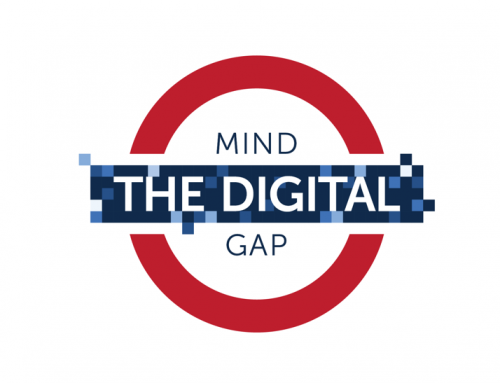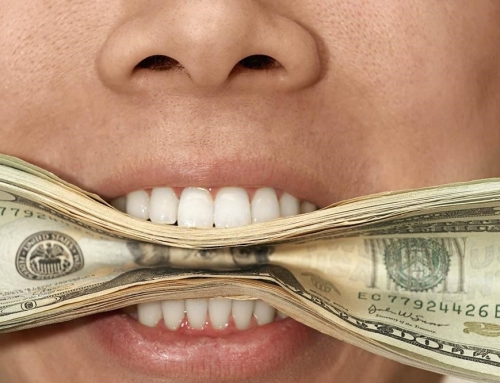by Tracey T. Turner
Good Morning HENRY!
A new day is dawning for marketers of all products, but it is one that insurance carriers of all types should pay special attention to. HENRYs or “High Earners, Not Rich Yet”. This segment of the Millennial Generation is about to make its mark on history! Not only is the Millennial Generation the largest generational cohort in history – 8 times larger than the Baby Boomer Generation, but also they have a significantly different way of viewing and purchasing products.1
One of those differences that is particularly relevant for insurers is that Millennials in general look to advice from other customers and user generated content (UGC) for information on which products to buy. Historically, insurances purchasers have depended on word of mouth recommendations from family, friends and co-workers when making these choices. And to make the stakes even higher, insurance is one of six products HENRYs will not buy without outside advice from current customers.
Therefore, insurers should create many opportunities for customers to share information and are well advised to make sure their customer service is top notch in order to generate as many positive reviews and recommendations as possible in order to attract this socially connected buyer.
This generational group is particularly important to marketers in a post recession economy, which has had a significantly negative effect on the middle class, and the decline in their disposable income. The impact on sellers of discretionary products is that the overall market size for their products has been reduced, causing them to place more focus on the ultra affluent. But here is the rub, the ultra affluent only make up 3.3 million households in the U.S. today.1 Researchers predict that Millennials will dominate the economic landscape between 2017 and 2020.2 And, HENRYs represent 24.3 million U.S. households!
Who is HENRY? As the first digital native generation, HENRYs go to the Internet as a first resort. They seek and share advice, price comparisons, product recommendations and other information that lets them “get smart” on products before they purchase them. But that’s not all, unlike Baby Boomers who tend to equate high cost with value, HENRYs pride themselves on being smart shoppers and finding “good deals”. They want good value for their dollar, and have high expectations for the service delivered with their purchase. Although HENRYs are high earners, they are often also saddled with college debt, so to get them to part with their hard earned cash for higher cost products, they must also be convinced that the purchase has value and relevance to their lives. They don’t equate the status of a product with it’s cost, rather with what it says about them. The HENRY buys the triathlon watch online versus the Rolex watch in a jewelry store.
For health and other insurance carriers, HENRYs could be a tough sell if they aren’t just buying what their parents did, but rather are wanting to hear from current customers about why they bought your product. Satisfied customers who share their experiences are vitally important to getting HENRYs engaged and interested in insurance product offerings. Take a check on your customer service feedback to make sure it is top notch.
With the increased competition and expanded choices afforded by health reform, and the expansion of voluntary products to supplement health care offerings, insurers of all types are well advised to study this burgeoning generational segment and adjust their products, services and marketing approaches to appeal to this new generation of digitally savvy and discerning Millennial HENRYs.
1Danziger, P. (2015), Meet The HENRYs; Positioning for the mindset of the HENRYs – High Earners Not Rich Yet. Stevens, PA,: Unity Marketing.
2 Donnelly, C & Scaff, R. (2013), Who are the Millennial shoppers? And what do they really want? Chicago, IL: Accenture, Industry Report/Retail









